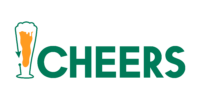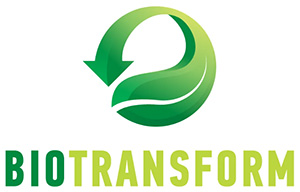CIRCULAR BIOCARBON project
This project ends on: 31/05/2027

Turning urban waste streams into added-value products
CIRCULAR BIOCARBON presents a first-of-a-kind flagship biorefinery designed to valorise the Organic Fraction of Municipal Solid Waste (OFMSW) and Sewage Sludge (SS) into high-added-value end and intermediate products, including coating of direct consumer products, coating of mechanical moving parts, coating of plastic moulding tools, biodegradable and compostable waste bags, green graphene-based devices and products, biodegradable soil mulch films, solid organomineral fertiliser with biostimulant properties and liquid biobased biostimulant.
Contact:
Cristina Garcia-Vera (Project Coordinator): info@circularbiocarbon.eu
website: https://circularbiocarbon.eu/



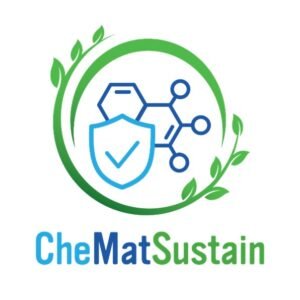
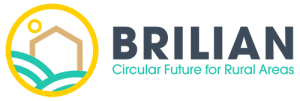
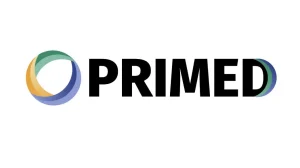
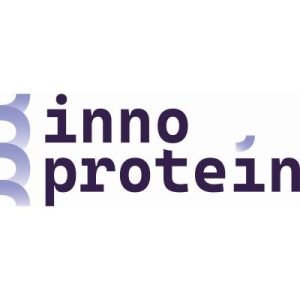
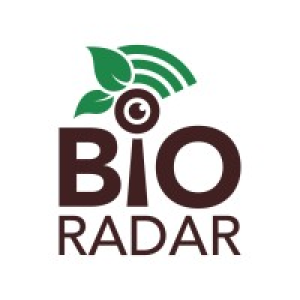
 The BlueMissionMed Coordination and Support Action (CSA) will design, structure and support a well-functioning basin scale innovation ecosystem, ensuring fast progress towards the achievement of EU Mission “Restore Our Oceans and Waters by 2030” objectives and important impact on the society.
The BlueMissionMed Coordination and Support Action (CSA) will design, structure and support a well-functioning basin scale innovation ecosystem, ensuring fast progress towards the achievement of EU Mission “Restore Our Oceans and Waters by 2030” objectives and important impact on the society.
